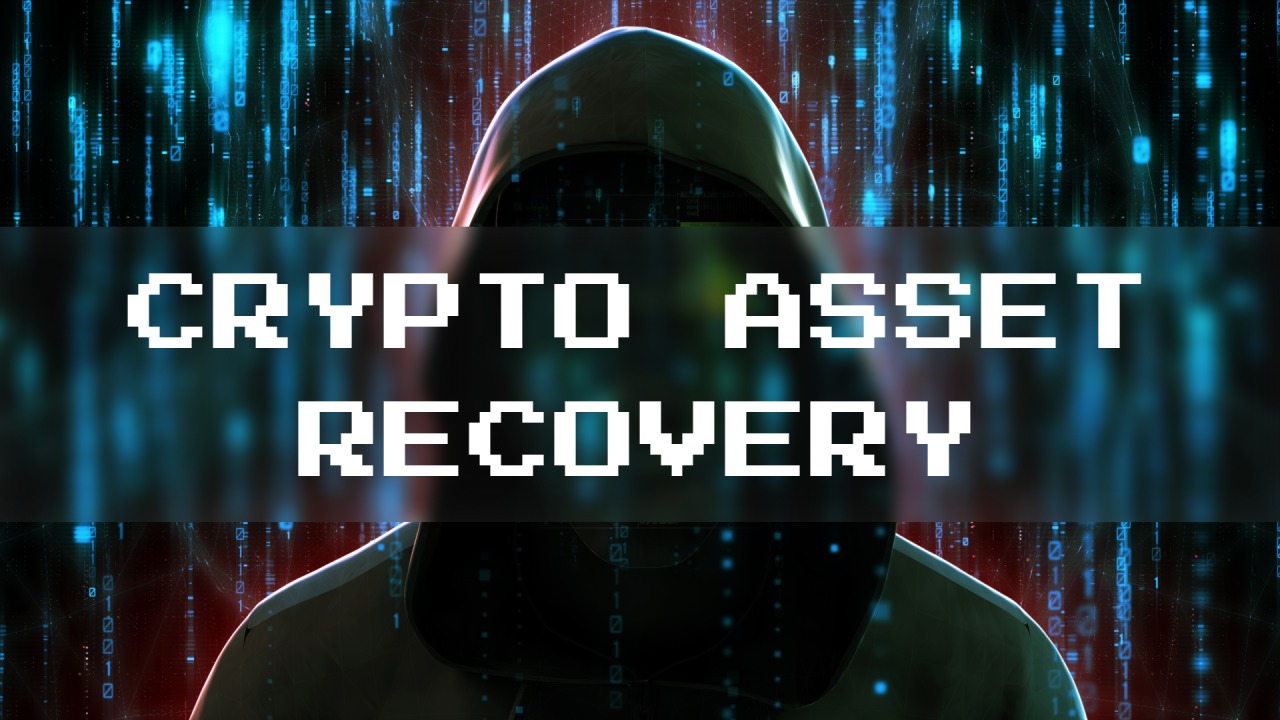If you lost money as a result of the collapse of the cryptocurrency, the scammers involved in restoring the cryptocurrency would be happy to increase your losses.
The complexity of the crypto industry, the lack of regulation and the abundance of cash proved insurmountable for resourceful, technically sophisticated scammers. After the collapse of the cryptocurrency in 2022, criminals added fake cryptocurrency recovery services to the list of tricks they use to empty real and virtual wallets of investors. Awareness and vigilance can help you avoid them. Here’s what you should know.
Avoid These Fraudulent Cryptocurrency Recovery Operations
Here are a few tactics that cryptocurrency recovery scammers can use over the phone, text messages, email, or on social media:
They promise to compensate for losses in the market
The thieves pose as government officials, law enforcement officers, or private recovery experts (possibly using fake credentials, as described below) and claim that their trading losses are related to market manipulation or other violations, and that their investments can be obtained through digital forensics or other credible-sounding (but completely false) methods.

The sad truth is that losses from the loss of the value of cryptocurrencies, as a rule, are not recoverable. Anyone who claims otherwise is trying to take advantage of your misfortune. Don’t leave her.
A promise to reimburse previous losses from fraud
If you have been scammed by crypto scammers in the past, criminals (perhaps the very ones you robbed the first time) may target you and claim to represent the government or law enforcement agencies with good news about your case. The scammers who deceived you were caught, as you claim, and some or all of their funds were refunded. To get them back, you just need to pay a tax or administrative fee and/or provide access to an account to which you can deposit your money. If you comply with this, you will pay any fee, control your account, and possibly sell your personal information to other criminals.
Advertise fake expertise
To validate claims of legitimacy, scammers can use fake websites and social media accounts to advertise reviews from fictional recovery clients with rave reviews and high ratings. Some scammers even received “coverage” of their non-existent services from understaffed news agencies that publish press releases unchanged. You can use links to these “articles” to lend credibility to false crypto recovery tips on discussion platforms such as Quora, Reddit, and Disqus. Articles may also contain embedded links that will lead you to fraudulent websites and save you from having to access them.
How to Restore Crypto Assets
It is impossible to reverse the losses of the market, and the recovery of funds from fraudsters is extremely unlikely. There are legitimate recovery services that can help you regain access to your crypto assets in some other circumstances.

If you have lost access to your crypto wallet or account due to a computer crash, damage to your hard drive, or loss of saved passwords or encryption keys, data recovery specialists can help by extracting the contents of damaged hardware. Please note that these services do not claim to increase the value of your crypto assets or recover lost funds and that they never insist on payment before you launch their services.
If your crypto exchange files for bankruptcy, it is recommended to notify the court of your claim against you, which you can do by filling out the application form. This may eventually lead to a refund of some funds, but it is important to have realistic expectations, so be prepared to wait a long time to get only a small part of what you have lost if anything at all.
Tips for Preventing Cryptocurrency Recovery Fraud
Here are the steps you can take to keep yourself safe and stop crypto scammers on your way:
- Identity verification. If you receive a cryptography recovery offer from someone who claims to be a law enforcement officer or government agency, do not respond by providing any web links, email addresses, or phone numbers. Contact the appropriate agency, contact yourself, and ask to confirm that the message is legitimate. (Scammers are known to use the names of real officials, so simply confirming that an agent with a certain name works for an agency is not enough.)
- Rely on well-known contacts. If someone claims to have engaged in fraud in the past, be especially careful: the criminals who deceived you in the first place will naturally know the details of the crime, so by posing as an investigator, you will be able to convince them. Do not respond using the contact information you provided and instead use the information from your records to contact the people who reviewed your case. Contact them directly to find out if there are any new developments and report the contacts of the false witnesses.
- Beware of questionable contact information. Stay away from anyone who comes to you for advice on cryptography recovery (or other financial matters) and provides you with contact information that may seem suspicious or refuses to provide you with contact information.
- Avoid payment tricks. Prepayment requests should be a red flag. Legitimate asset recovery services never charge a commission until your work is done. Statements that you have to pay a commission or pay taxes on your assets (or pay upfront) before taking them away should also be alarming. After all, anyone looking for payment in the form of gift cards or money transfers is looking for funds that leave no trace. Do not comply with them and do not report them to the appropriate authorities.
- Insist on signing a contract. No reputable service provider will get started without providing an overview of the services they are planning, with appropriate prices. Insist on checking the documentation before agreeing to any job. If the person you are dealing with is hesitant to do this or offers you a workaround, stop communicating and report a potential scammer.
- Protect personal information. Do not share your bank account information, social security number, passwords, or private cryptographic keys with anyone who promises to recover lost crypto assets. If you have reason to believe that a fraudster already possesses some or all of these credentials, immediately inform the relevant institutions and judicial authorities and take measures to protect your accounts.
- Acknowledge promises that are too good to be true. Investments involve risk, and cryptography is riskier than many others. Funds lost as a result of the fall in the price of the cryptocurrency cannot be returned. There are no quick fixes to these losses, and none of those who propose them are trustworthy.

What to Do if You are a Victim of a Cryptocurrency Recovery Scam
Here are the steps you need to take if you believe that you have become a victim of scams engaged in cryptocurrency recovery.
- Report the incident to the authorities. To get started, use the interactive form of the Federal Trade Commission. If your assets contain cryptocurrency futures or other derivatives whose prices are linked to the value of the cryptocurrency, you can also notify the U.S. Commodity Futures Trading Commission (CFTC) by filling out the form with your complaint.
- If you have provided account numbers, passwords, or other personal information to criminals, change the passwords immediately and notify the relevant institutions, warning them to beware of fraudulent activities.
- If you believe that your Social Security number has been stolen, you have the right to file your credit reports with the national credit bureaus with a fraud warning or a security alert.




